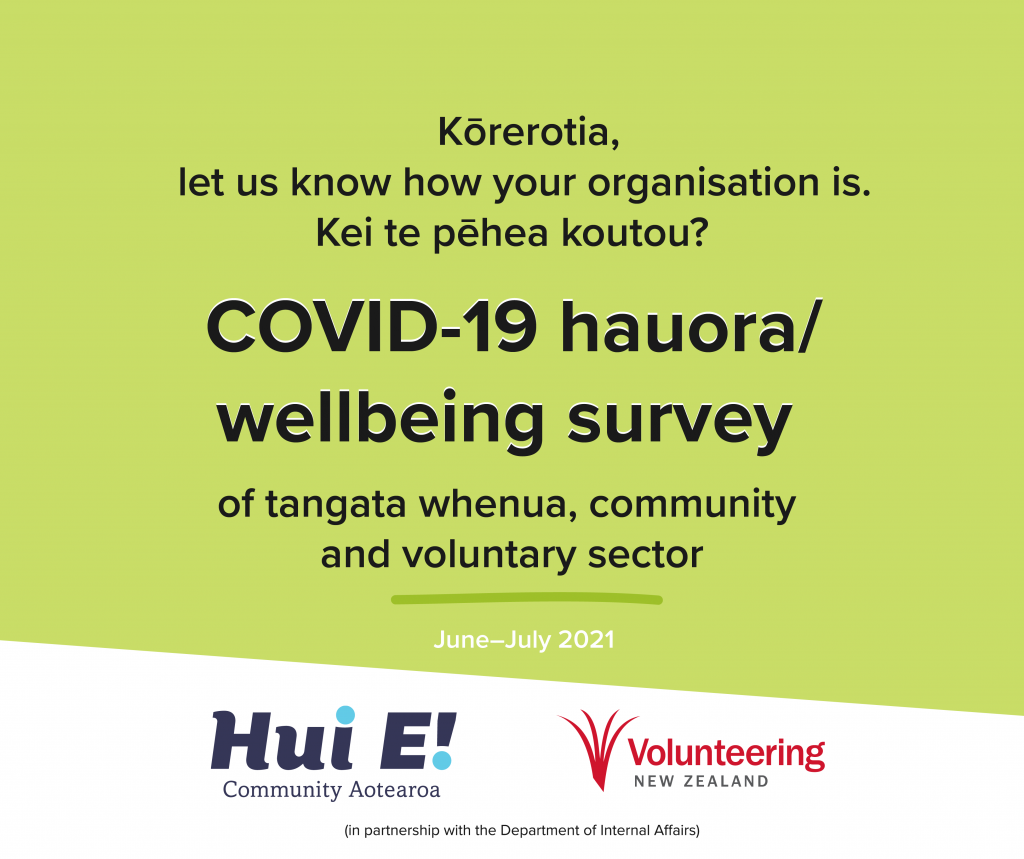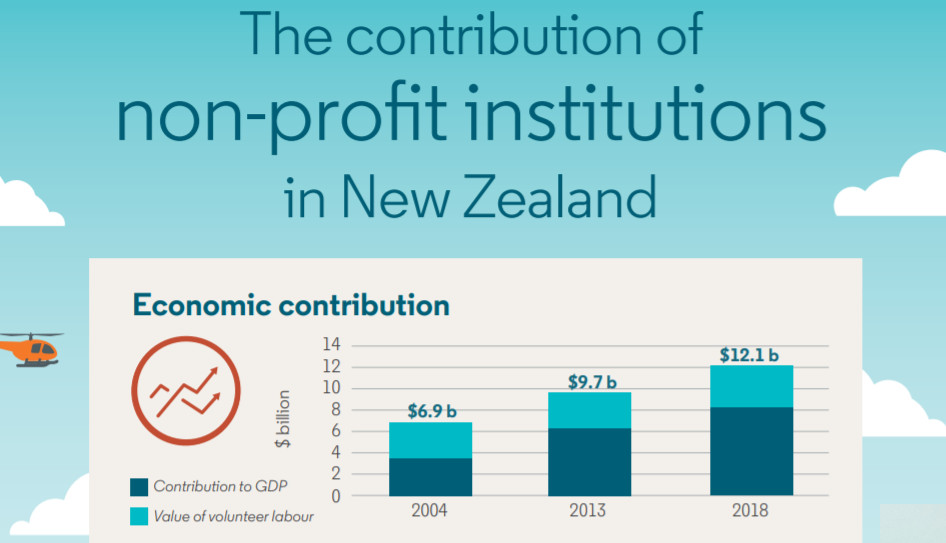A recent report on the non-profit sector from a reputable and long-standing investment company has attracted comment and more than a few raised eyebrows, as well as support for its content. Published by JBWere, The New Zealand Cause Report describes ‘the shape of the charity sector’ and offers in-depth analysis, trends in the sector, and concerns about sustainability and innovation. The company claims the report is the first major in-depth analysis of the country’s NFP sector. Certainly it presents a focus on the business management of NFP organisations, and a contrast to the numerous reports and research undertaken by or on behalf of voluntary and community organisations in recent years.
The following points are brief responses to claims made in the report:
- By confining research to data from the Non-Profit Institutions Satellite Accounts (NPISA) and Charities Services data on annual returns, the report is ignoring realities outlined in other reports on community-based organisations.
- The report notes NFP organisations are serving a ‘cause’, otherwise known as a ‘mission’; there is no mention of how the regulatory environment and associated compliance has skewed the primary interests of community organisations.
- Concern is expressed in the report for the growth in registered charities in recent times, recording 2.5 new charities established each business day – though at one organisation per 170 people this figure is still lower than the ratio in Australia, Canada, United Kingdom and United States.
- The rise in numbers of organisations can be attributed to the extraordinary response to the era of inequality, and government denial of a crisis in housing and poverty: foodbanks, food recovery, breakfasts and lunches for schools have all boomed in the past five years.
- Yes, the low level of financial reserves in community organisations is a concern. In former times volunteers were the innovators, finding new ways to deliver services, creating new initiatives: again formalisation of service delivery and contract specifications have inhibited organisation innovation and volunteer creativity.
- The diversity of the sector is acknowledged, but it is hard to overlook the report’s preoccupation with large organisations’ asset base and significant financial reserves, while the struggles of the community and voluntary sector are ignored.
- The report notes the current mix of sector funding is unsustainable and urges new ways of operating: community organisations are already aware of this pressure and are moving to collaboration and mergers where appropriate, and to partnerships with corporate organisations.
- Other recommendations, like improving profit margins, and re-assigning assets, would be an impossible dream for the majority of community organisations.
- The suggestion there could be better use made of ‘skilled’ volunteers is a disappointing comment on the value of the existing 1.23 million volunteers in New Zealand, inferring their work is not useful or effective. What is needed is a wider appreciation of the nature of volunteering and what volunteers can achieve. At the same time it can be noted how recruitment processes are increasing a focus on volunteer interests and skills.





About The Author: Admin
More posts by admin